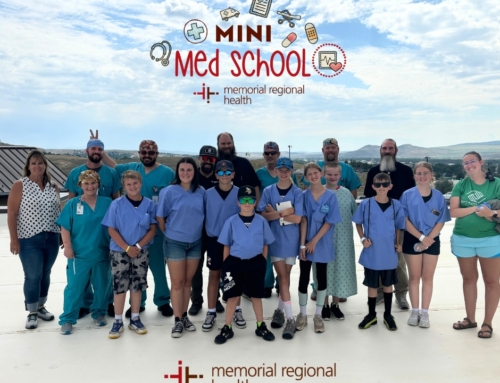Sleep. We all love it, but for some of us, it doesn’t always come easy. We all know how important good sleep is to our general wellbeing. A poor night’s sleep can cause symptoms of depression, anxiety and stress. It can also increase our risk for accidents and disease. In the long run, it can lead to a host of health problems, including obesity, heart disease and diabetes. If you are not sleeping well, it’s time to find out why.
Common sleep problems
If you have sleep problems and you are taking sleep medications — or you’ve tried common solutions, including going to bed and getting up about the same time each day, stopping screen time 30 minutes before bed, limiting caffeine and alcohol and exercising early in the day — then it’s time for a deeper look.
There are several sleep disorders that cause poor sleep. Insomnia — having trouble falling asleep or staying asleep — can be caused by stress, anxiety, depression and medications. There’s also restless leg syndrome, sleepwalking, sleep terrors, teeth grinding, night sweats from menopause and sleep apnea.
Could it be sleep apnea?
Obstructive sleep apnea is the most common of all sleep disorders. The airway collapses or is blocked during sleep, causing shallow breathing or a pause in breathing. Pauses can last a few seconds or minutes and can occur 30 or more times in one hour. The person starts breathing again, sometimes with a choking sound or loud snort. Because of interrupted sleep, they are left tired and drowsy during the day, often relying on stimulants such as coffee or soda to stay awake. Sometimes with sleep apnea, people have no energy so they don’t want to do anything, and their doctors mistakenly treat them for depression. In addition, people commonly have headaches from the decrease in oxygen.
“The way the body solves pauses in breathing is with a hypnic jerk (an involuntary sleep switch or start) which causes an arousal and starts up breathing again. Multiple arousals during the night leads to a poor night’s sleep,” said Selena Hernandez, MRH’s polysomnographic technologist.
Hernandez joined Memorial Regional Health in October, and she’s completing her studies to eventually become a certified sleep study technologist for MRH.
Sleep apnea is diagnosed with a sleep study, and a common solution to obstructive sleep apnea is using a CPAP machine to keep airways open. The machine, about the size of a toaster, has a tube with a mask attached, and is relatively quiet. The machine sits by your bed, and you wear the mask all night.
“The machine creates continuous positive air pressure. You wear a mask that forces air into your airways, keeping them open at all times. In other words, you are constantly breathing,” Hernandez said.
Using a CPAP Machine
If a sleep study points to sleep apnea, and your doctor confirms it and prescribes a CPAP or BiPAP machine, a home healthcare company will help set it up for you and instruct you on how to use it and clean it. It can be a challenge to get used to using a CPAP machine. For guidance, make an appointment with a certified respiratory therapist at Memorial Regional Health. They will help you resolve fit issues and also teach you how to properly use and care for your machine.
“People really find CPAP machines to be beneficial. They wake up feeling rested and, eventually, their health improves, and they can even experience weight loss,” Hernandez said.
For more information about sleep studies at Memorial Regional Health, call 970-826-2210.





